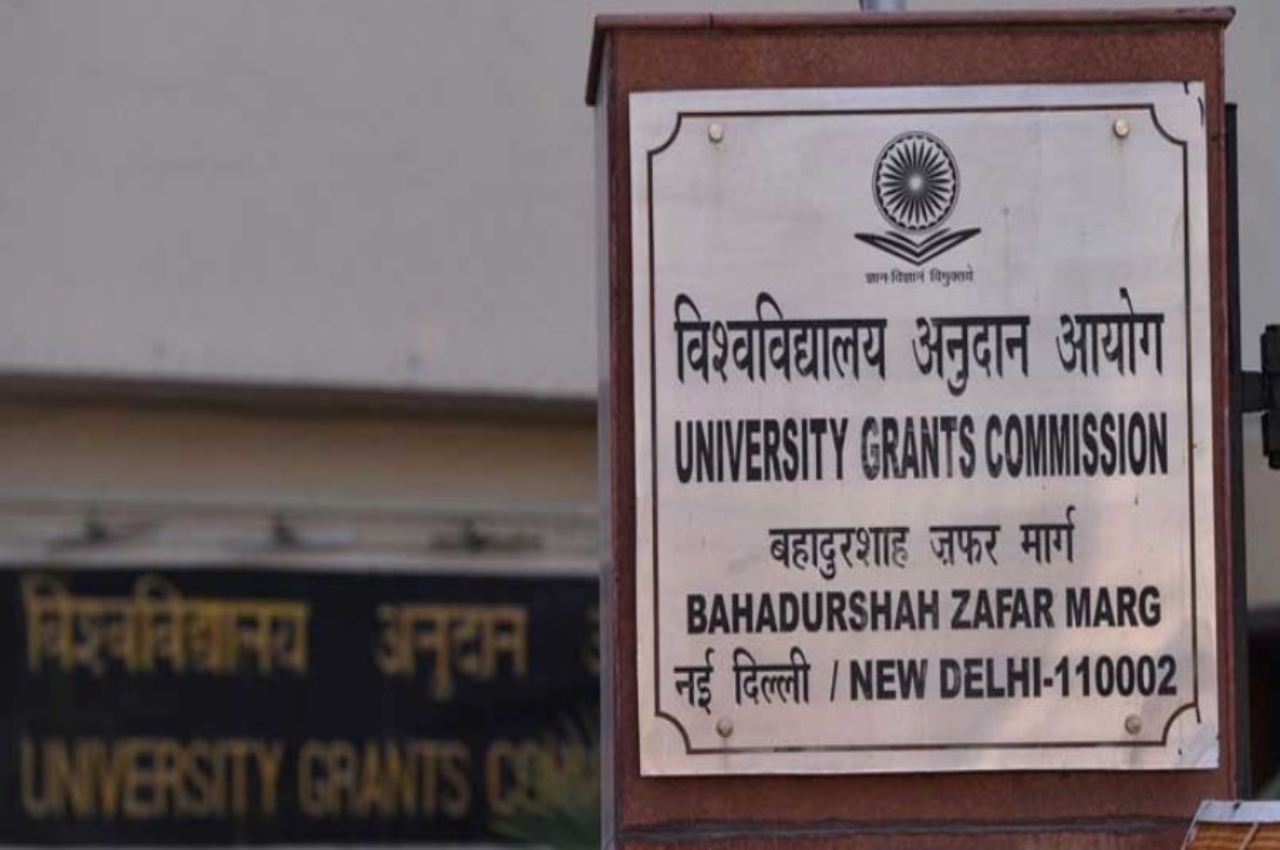UGC norms: Today, December 12, the University Grants Commission (UGC) is anticipated to release revised standards for undergraduate degrees. According to them, students must now complete four years of study, not just three, to earn an undergraduate “honours” degree.
Ten facts about the new UGC standards for undergraduate degree programmes that students should be aware of:
- It is expected that today will see the release of the draught regulations indicated in “Curriculum and credit framework for four-year undergraduate programmes.” Under the new system, students will receive a UG degree after completing 120 credits in three years and a UG honours degree after completing 160 credits in four years. A student must complete a UG honours degree in at least three years under the existing system.
- Additionally, according to the draught regulations, students who choose to specialise in research at the undergraduate level may complete a project during their four-year course. A research-focused honours degree will result from this.
- While a UG honours degree will now need at least 4 years of study, the multiple exit provision of these laws will still permit students to leave with a certificate after finishing the first year of the course, a diploma after completing the second, and so on.
- Under the new regulations, current students who are enrolled in and pursuing a three-year undergraduate degree under the Choice Based Credit System (CBCS) will also be able to pursue a four-year undergraduate programme. Universities may offer transitional courses to help students adjust to the new system.
- The National Education Policy (NEP) 2020, which discusses four-year undergraduate degrees with several entry-exit points, is in keeping with the provisions of these new rules. Similar programmes have already been launched at several universities, including Jawaharlal Nehru University (JNU) and Delhi University (DU).
- The new UGC document, however, conflicts with the current undergraduate degree policy of DU. If a student leaves Delhi University before the third year is over, they will still receive an honours degree.
- According to DU Vice Chancellor Yogesh Singh, the institution has already begun enrolling students by its current policies. “The Delhi University regulations have been approved by our statutory bodies and we will continue with that. We will give an honours degree after three years as we have been doing since 1980. We have no plan of doing away with an honours degree after three years,” he said.
- The disparity between the credit requirement specified in the university’s undergraduate curriculum framework and the UGC framework has also drawn criticism from DU faculty. For a certificate, students require 40 credits, for a diploma, 80 credits, for a degree, 120 credits, and 160 credits for a degree with honours. 176 credits were suggested by DU’s framework for four-year honours and research degrees.
- Major courses, minor courses, courses from other disciplines, language courses, skill courses, courses on environmental education, understanding India, digital and technological solutions, health and wellness, yoga education, and courses on sports and fitness are all part of the FYUP curriculum that UGC has proposed.
- Students can elect to stick with their chosen major or change it at the end of the second semester. Additionally, they will have the choice of pursuing a single major or two majors. “A student has to secure a minimum of 50 per cent credits from the major discipline for the 3-year/4-year UG degree to be awarded a single major,” as per the draft regulations.
Also read:- ‘Viral question paper of WBTET is fake,’ claims Edu Min Bratya Bas
Read More :- Latest Education News










